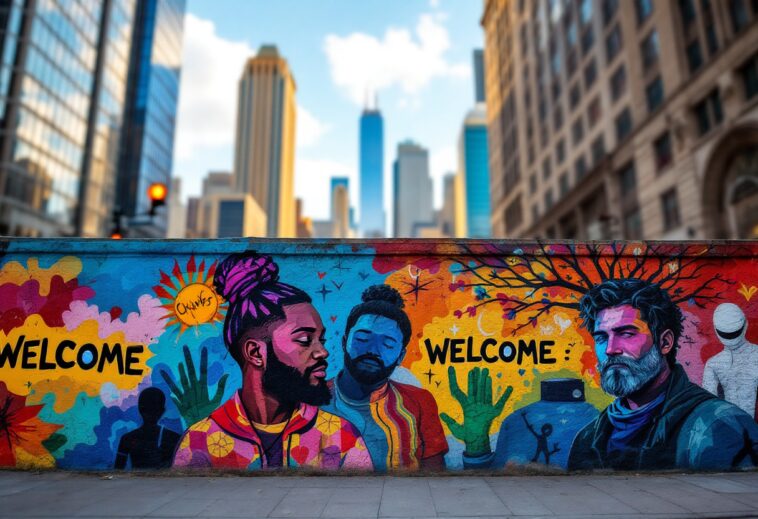Table of Contents
Chicago’s stance on immigration: A clash with federal policies
In a bold move that has sparked significant debate, Chicago officials have reaffirmed their commitment to sanctuary city policies, refusing to assist the Trump administration in its efforts to deport criminal migrants.
This decision comes as President Trump prepares to implement sweeping immigration reforms aimed at enhancing border security and removing undocumented individuals from the country.
Chicago’s unwavering commitment to sanctuary policies
The Chicago Police Department has made it clear that it will not cooperate with U.S.
Immigration and Customs Enforcement (ICE) during potential deportation operations. This stance is rooted in the city’s municipal code, which prohibits local law enforcement from engaging in federal immigration enforcement based on an individual’s immigration status. The police department emphasized that it does not document or share immigration status with federal authorities, ensuring that local law enforcement remains focused on community safety rather than immigration enforcement.
Mayor Brandon Johnson has echoed this sentiment, stating, “Chicago stands strong: regardless of the circumstances, our commitment to protecting and supporting this city remains unwavering.” This declaration highlights the city’s dedication to its residents, regardless of their immigration status, and reflects a broader trend among urban centers that prioritize inclusivity and support for marginalized communities.
The impact of federal immigration policies on local communities
As the Trump administration intensifies its focus on immigration enforcement, cities like Chicago are grappling with the implications of these policies. With tens of thousands of undocumented immigrants residing in the city, local officials face mounting pressure to provide adequate resources and support.
Since August 2022, over 20,000 migrants have arrived in Chicago, leading to significant financial strain on city resources. Reports indicate that the city has spent approximately $574.5 million on sheltering migrants, prompting residents to voice concerns about the allocation of funds amidst a $1 billion budget shortfall.
Residents have expressed frustration over proposed tax increases aimed at addressing this financial gap, arguing that the city should prioritize its existing population’s needs. This tension between supporting migrants and addressing local residents’ concerns underscores the complexities of immigration policy at the municipal level.
Activism and community response to immigration issues
The ongoing debate surrounding immigration in Chicago has ignited activism and community engagement. Anti-Trump activists have taken to the streets, protesting against federal immigration policies and advocating for the rights of undocumented individuals. These demonstrations reflect a growing movement among younger generations who are increasingly vocal about social justice issues, including immigration reform.
As the city navigates these challenges, it remains to be seen how the clash between local sanctuary policies and federal immigration enforcement will evolve. Chicago’s commitment to protecting its residents, regardless of their immigration status, serves as a powerful statement in the ongoing national conversation about immigration and human rights.




